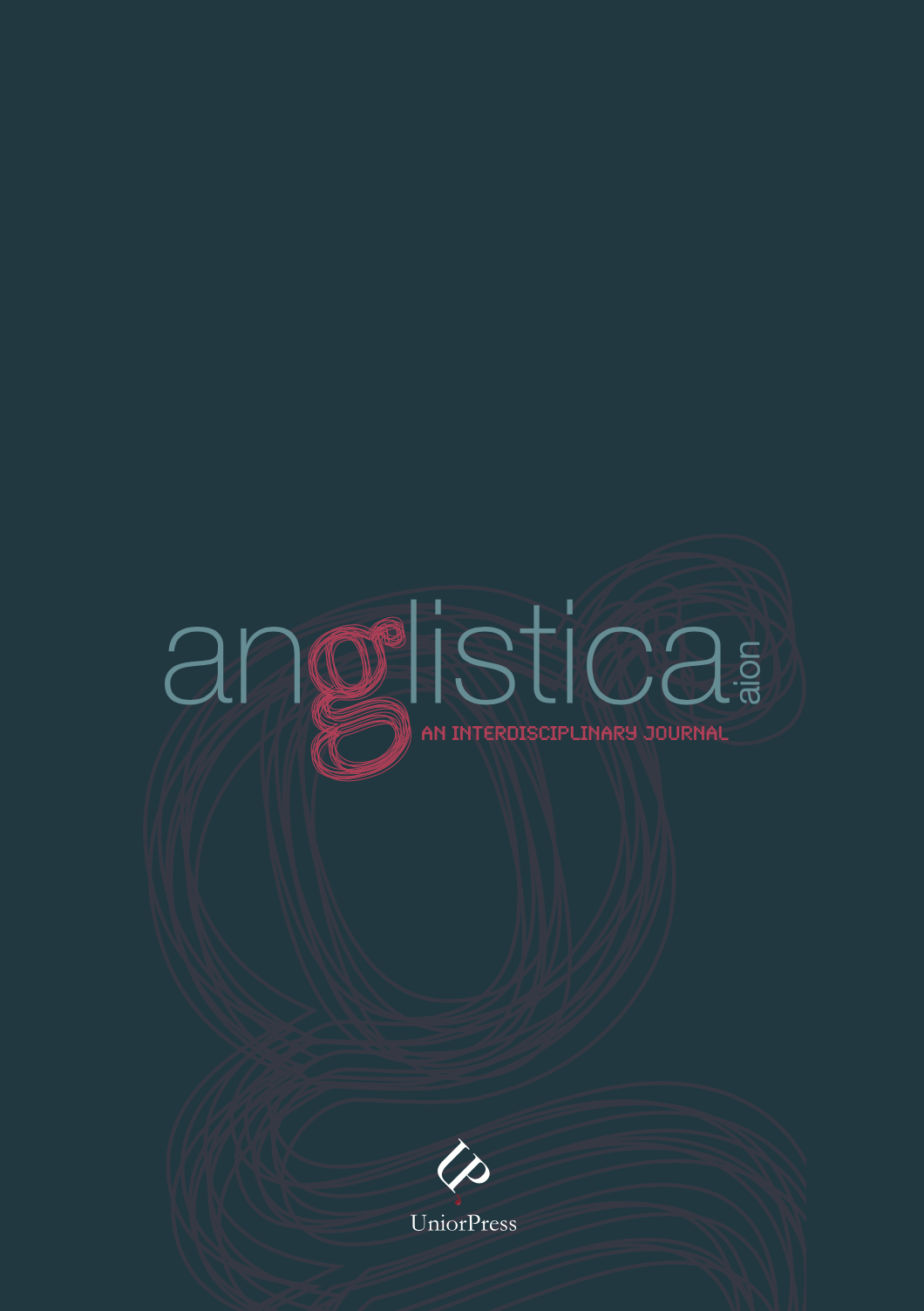Changing Englishes in the US and Caribbean
Paradoxes and Possibilities
Abstract
In the United States and the Anglophone Caribbean, where English has been historically the dominant language, both the perception and reality of the changing nature of the language have been riddled with paradoxes. This article addresses the ways in which transnational practices between the US and the Caribbean, aided by geographic proximity, technology, social media, and of course linguistic creativity, have fueled changes in the definition, use, attitudes, and response towards Englishes in both locations, especially in schools. The paradoxes surrounding these changes include: English as at once monolithic and pluralistic; fiercely hybridized and standardized; and in the case of the Caribbean, Creole English simultaneously celebrated and denigrated. Furthermore, we see linguistic diversity increasingly celebrated in theory but English homogeneity required in practice in schools. It is suggested that such paradoxical changes offer rich possibilities for research and informed pedagogy.


